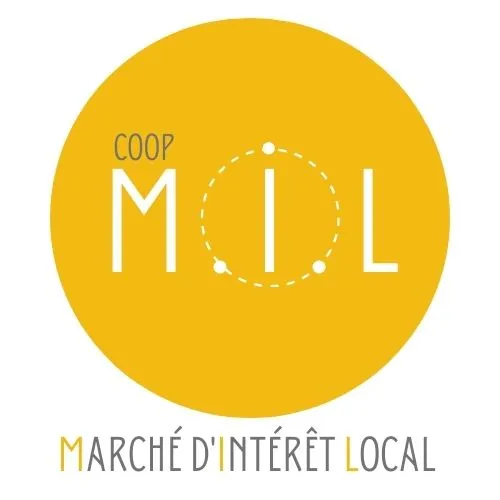Toulouse – Reverse Logistics
Challenge
The Toulouse metropolitan area is one of the six main French logistics areas. Logistics can be inefficient, however, with a strong impact on the territory in terms of urban congestion, occupation, and consumption of urban or suburban space, noise, greenhouse gas emissions and local pollutants. This function, which is essential to the region and generates jobs and economic activity, ensures its mission of service to residents and businesses, but generates negative externalities that require work to improve knowledge and optimize resources. A solution was sought to meet at least one of the following objectives:
- Develop inverse logistics solutions
- Valorise the wastes
- Optimise the last-mile delive logistics
- Optimise the waste trucks logistics
- Adaptable solutions for garbage collections
Solution
Cédrat created a cooperative supply chain involving all local agri-food actors from the field to the plate then to the trash: farmers, refillable container solutions, cargo-bike carriers and waste managers. The primary function of the solution, COOP MIL, is to facilitate and organise the trade and logistics between the various members. The cooperative supply chain developed works as follows:
1. Local food suppliers propose their products on the COOP MIL digital marketplace. They deliver orders using reusable packaging to the COOP MIL warehouse and go back with empty and clean packaging.
2. The COOP MIL teams delivers food to shops and restaurant members of the cooperative. The last-mile delivery is done by cargo-bikes.
3. Waste managers then collect biowaste, reusable bottles and crates on the same round.
4. Reusable containers are stored at the COOP MIL warehouse to be distributed to processing points (cleaning stations and compost sites).
Results
•12 local farmers located less than 90km from central Toulouse and 7 food businesses located within 10km were involved
•Measurement of commercial restaurant waste production and flow
•Raised awareness among restaurateurs of waste reduction and recycling best practices
•CO2 reduction thanks to cargo-bike logistics for last-mile deliveries
•Waste reduction thanks to reusable crates and composting process


